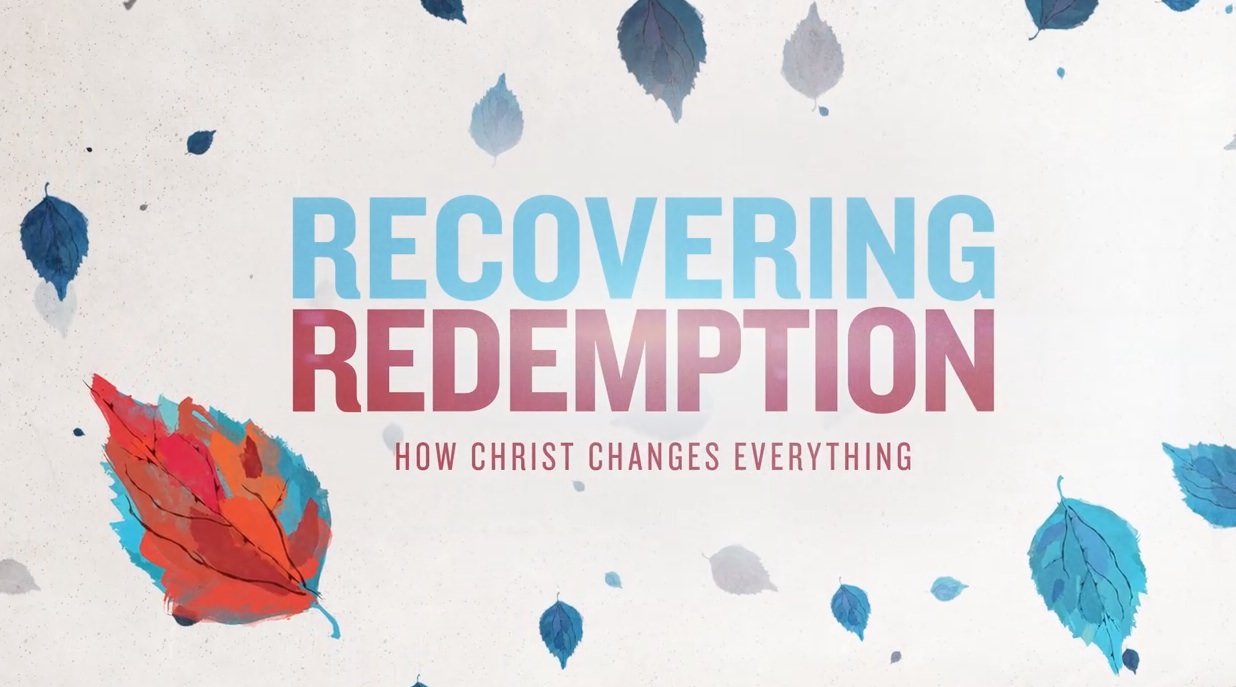“Blessed are the peacemakers, for they shall be called sons of God.” Matthew 5:9 (ESV)
Followers of Jesus are especially affected by and dependent on relationships with one another. Our adoption as children of God automatically grafts us into the network of horizontal connections known as the body of Christ, the church (see John 15).
Yet these relationships—even those within the church and small groups—often deteriorate, leading to conflict, strife, and division. As people forgiven by God, we can humbly approach those who’ve been affected by our sin and make amends. We can apologize, seek reconciliation, and work to reverse the damage we’ve caused.
This change of heart brings glory to God and demonstrates His power by reconciling people to Himself. After examining your own heart, dealing with any logs that distort your perspective (see Matt. 7:3-5), and seeking godly wisdom, you seek reconciliation. Always be sure you are entering confession with a heart that’s fully repentant, accepted, and forgiven by God, with your only aim being to establish peace, if peace indeed can be won.
Now, this is critical: make no excuses. No ifs, buts, or maybes. Using if, but, or maybe isn’t a confession. It’s an accusation.
No trying to build platforms for your sins on the basis of the other person’s words or actions. No minimizing your part—no matter how small a percentage. Own your part fully and without exception or reservation.
I’ve found Ken Sande’s “Seven A’s of Confession,” to be invaluable in prayerfully identifying specific action steps and creating a script of sorts to use when you seek peace.
A true confession should include the following:
Address everyone involved (all those whom you affected).
Avoid if, but, and maybe (don’t try to excuse your wrongs).
Admit specifically (both attitudes and actions).
Acknowledge the hurt (express sorrow for hurting someone).
Accept the consequences (such as making restitution).
Alter your behavior (change your attitudes and actions).
Ask for forgiveness.
And here’s a warning: you have no control over how they respond to your confession. Your part is to specifically name what you’ve done, acknowledge pain and difficulty you’ve added to their life, and then leave the ball in their court. Realize they can take the amount of time necessary to accept your apology and hopefully rebuild what you’ve contributed in breaking.
But even your most humble, genuine expression of repentance and confession will be susceptible to being shrugged off, rebuffed, or angrily thrown back in your face. Remember, there are no silver bullets. And you have to be OK with that.
Sometimes the minimum goal of peacemaking must be accepted—at least temporarily—as the maximum payoff. You can’t demand reciprocity or guarantee a hug and handshake at the end. But you can live in freedom.
“If possible, so far as it depends on you, live peaceably with all.” Romans 12:18 (ESV)
Excerpt from Recovering Redemption by Matt Chandler. For a FREE SAMPLE, click here.


